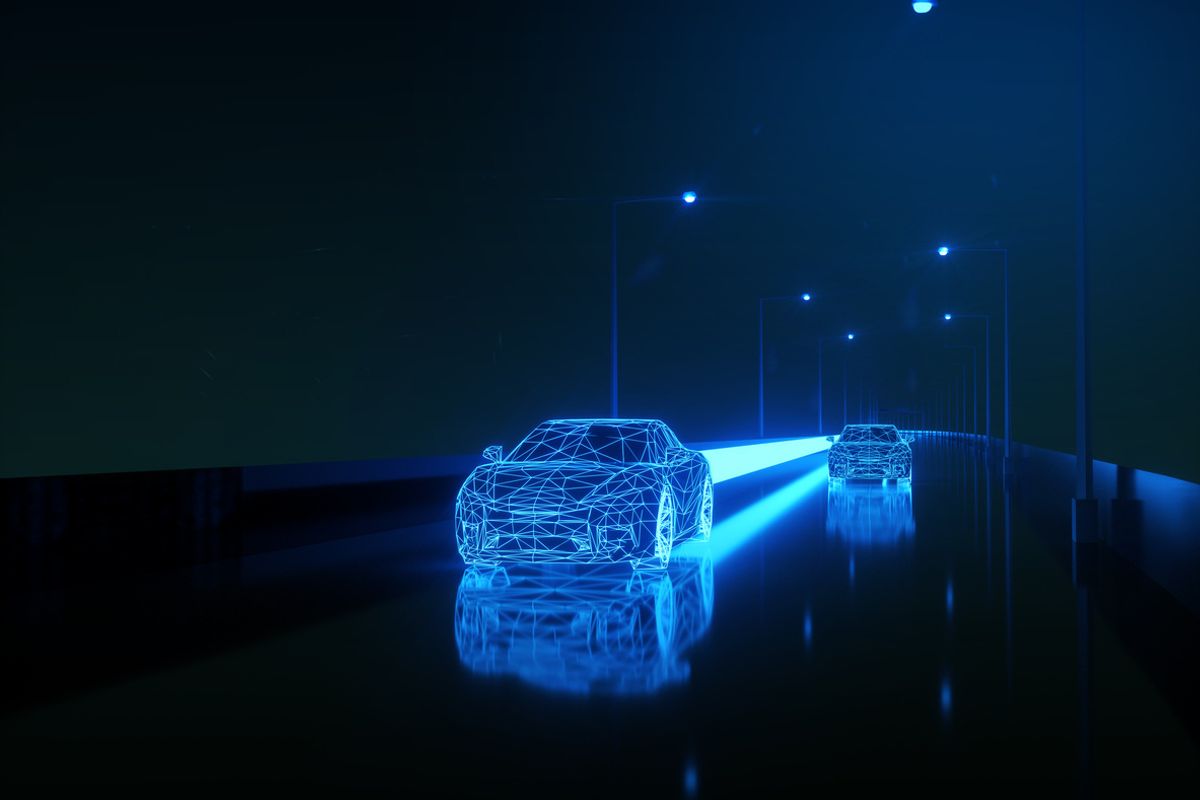
iStock
The dilemma of self-driving cars
Why the fatal accident involving Uber's autonomous vehicle stokes fear

Why the fatal accident involving Uber's autonomous vehicle stokes fear
The accident in Tempe, AZ involving an Uber with autonomous technology this week was considered the first fatality from a self-driving car. The car, with a human monitor in the driver's seat, hit and killed 49-year-old Elaine Herzberg at 10 pm on a dark highway.
Until then, consumer faith in self-driving cars had actually been growing, according to a study from consulting firm Deloitte, from January 2018. Just 47 percent of U.S. consumers now feel autonomous cars are unsafe, according to the 2018 Deloitte Global Automotive Consumer Study, a dramatic drop from the 74 percent who expressed the same worry in 2017.
But key to the study were the 71 percent of those in the U.S. who said "...they would be more likely to ride in an autonomous vehicle if they had an established safety record," notes the report. Uber's accident does nothing on that front.
Of course fatalities caused by auto accidents are not an unknown phenomena. While statistics will never tell the story of a individual human life, there were 37,461 deaths on U.S. roads in 2016 — a 5.6 percent jump from 2015, according to the National Highway Traffic Safety Administration (NHTSA).
And these are the numbers that have piqued the interest of autonomous technology advocates and insurance agencies: could self-driving cars do a better job protecting human life than we humans do when behind the wheel ourselves?
The number of autonomous vehicles on the road — compared to a car controlled by a human driver — is minute. But the idea of a robot controlling someone's fate, added to the fatal result this week, stokes fears. It's similar to concerns about airline crashes.
While the Aviation Safety Network says there was just one passenger fatality for every 7 million flights in 2017 worldwide — there are approximately 11.6 fatalities caused by cars for every 100,000 people in the U.S., according to the Insurance Institute for Highway Safety. Anecdotally, however, we hear about more people having a fear of flying than getting in a car.
The concept of a computer making choices to protect us — instead of our own abilities? That requires trust. And Uber's accident does not do a good job to instill that feeling. Yet carmakers are moving at full speed to get autonomous vehicles on to U.S. streets, believing we will be convinced of their cars safety.
Take GM which is betting $100 million into makeovers of its factories to get them spruced and ready to produce self-driving cars — without wheels or pedals, no less — starting in 2019.
That's not the future. That's next year.
In the meantime, Uber's response to its accident in Tempe was to temporarily suspend all of its autonomous tests. Toyota did the same, putting the stop to its own self-driving car trials.
Eventually even these A.I. driven cars will be on public roads again. Whether we willingly get into them? Or feel safe doing so? That's another story.
GearBrain Compatibility Find Engine
A pioneering recommendation platform where you can research,
discover, buy, and learn how to connect and optimize smart devices.
Join our community! Ask and answer questions about smart devices and save yours in My Gear.
